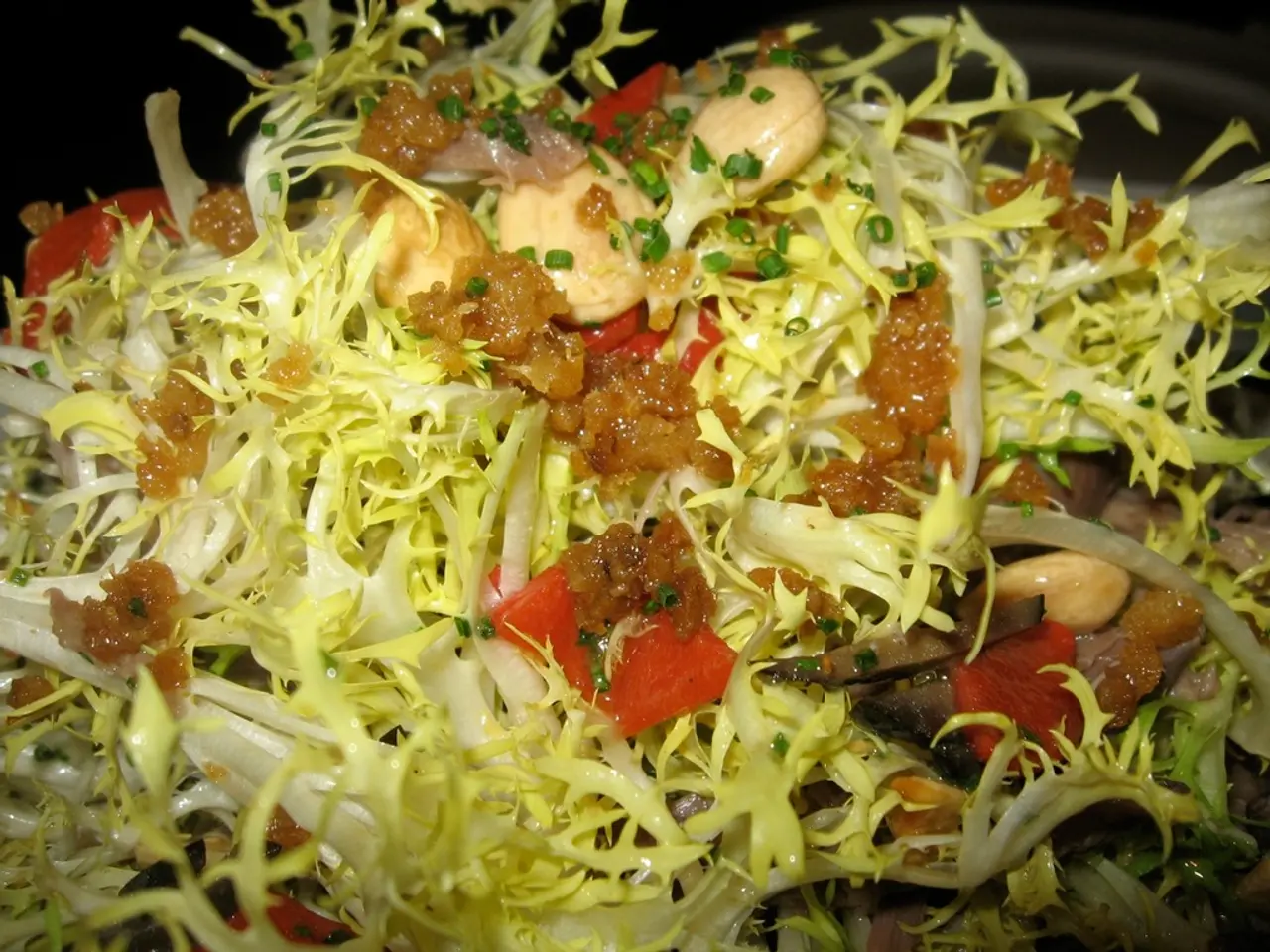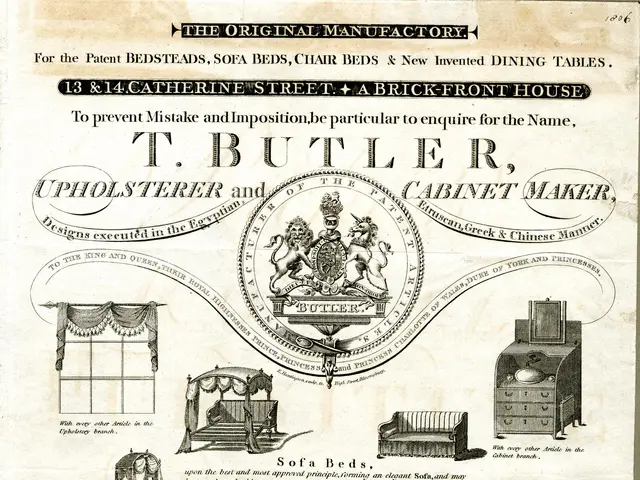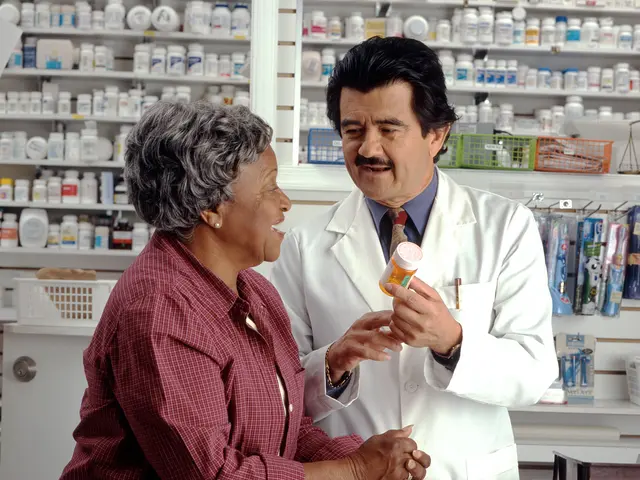The Implication of Feeding Remnants to Your Pets: Insights from Experts
Feeding pets human leftovers may seem like a harmless act of kindness, but it can actually have detrimental effects on their health. Here's why:
1. Nutritional Imbalance: Human food often lacks the balanced nutrients that pets require, and excessive consumption can disrupt the delicate balance of macronutrients and micronutrients necessary for their health[1].
2. Toxicity: Certain human foods, such as grapes, onions, and chocolate, are toxic to pets and can cause serious health issues, including vomiting, diarrhea, and even organ failure[3].
3. Digestive Issues: Pets have different digestive systems than humans, and some human foods can cause gastrointestinal upset, pancreatitis, and obesity[1][3].
4. Picky Eating: Frequently feeding leftovers can make pets picky eaters, leading them to reject their regular balanced diet in favour of table scraps[1].
However, there are safe fresh ingredients that can be added to a pet's processed food diet to increase its nutritional value:
1. Cooked Chicken or Turkey: These are protein-rich and generally safe for pets when cooked thoroughly to avoid bacterial contamination. 2. Green Beans: Low in calories and rich in fiber, green beans make a nutritious and healthy snack. 3. Sweet Potatoes: Rich in vitamins A and C, fiber, and minerals, sweet potatoes are easily digestible and nutritious for pets. 4. Pumpkin: Helps with digestion and can alleviate constipation due to its high fiber content. 5. Carrots: Rich in vitamin A, carrots are good for pets' eyesight and dental health.
**Important Considerations**: - Always consult with a veterinarian before introducing new foods to ensure they are safe for your pet and do not cause allergic reactions. - Avoid adding too many additional ingredients, as this can disrupt the nutritional balance of the kibble. - Ensure that any raw or cooked ingredients are handled safely to prevent bacterial contamination. - Plain steamed fish can be safely added to a pet's processed food diet. - Eggs can be safely added to a pet's processed food diet. - Feeding dogs and cats items with high milk (or sugar) content is not recommended.
In conclusion, while it might be tempting to share your meal with your furry friends, it's essential to remember that their dietary needs are different from ours. Stick to the safe ingredients listed above to ensure a balanced and healthy diet for your pet.
- While it may seem appealing to incorporate human leftovers into a pet's diet as a form of health-and-wellness, doing so can result in nutritional imbalances, digestive issues, and even toxicity, as certain foods are harmful to pets.
- In contrast, introducing safe fresh ingredients into a pet's processed food diet such as cooked chicken, green beans, sweet potatoes, pumpkin, carrots, and plain steamed fish can enhance their nutritional value, contributing to their overall health and wellness, as part of a balanced home-and-garden lifestyle.






